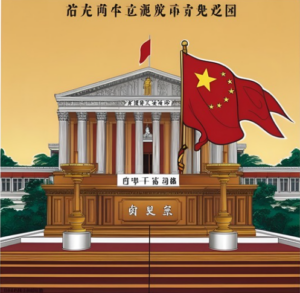Opinion of AG de la Tour in C-713/23, Trojan: A step forward in the cross-border recognition of same-sex marriages in the EU?
Dr. Carlos Santaló Goris, Postdoctoral researcher at the University of Luxembourg, offers an analysis of the Opinion of Advocate General de la Tour in CJEU, Case C-713/23, Trojan
From Coman to Trojan
On 5 June 2018, the Court of Justice of the European Union (‘CJEU’) rendered its judgment in the case C-673/16, Coman. In this landmark ruling, the CJEU decided that Member States are required to recognize same-sex marriage contracted in another Member Stated to grant a residence permit to the non-EU citizen spouse of an EU citizen under the EU Citizens’ Rights Directive. The pending case C-713/23, Trojan goes a step further than C-673/16, Coman. On this occasion, the CJEU was asked whether EU law requires a civil registry of Poland, a Member State that does not provide any form of recognition to same-sex couples, to transcribe the certificate of same-sex marriage validly contracted in another Member State. A positive answer would imply that the same-sex marriage established under German law would be able to deploy the same effects as a validly contracted marriage under Polish law. While the CJEU has not yet rendered a judgment, on 3 April 2025, Advocate General de la Tour issued his Opinion on the case. While the CJEU might decide differently from AG de la Tour, the Opinion already gives an idea of the solution that might potentially be reached by the CJEU. This post aims to analyse the case and explore its implications should the CJEU side with AG de la Tour. Read more


